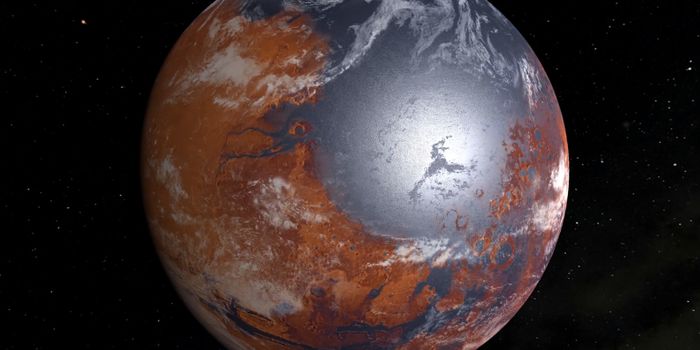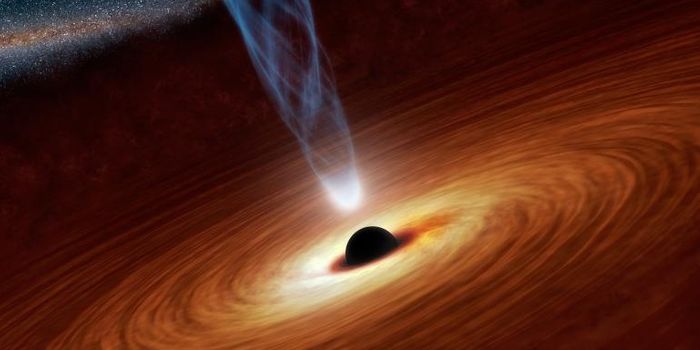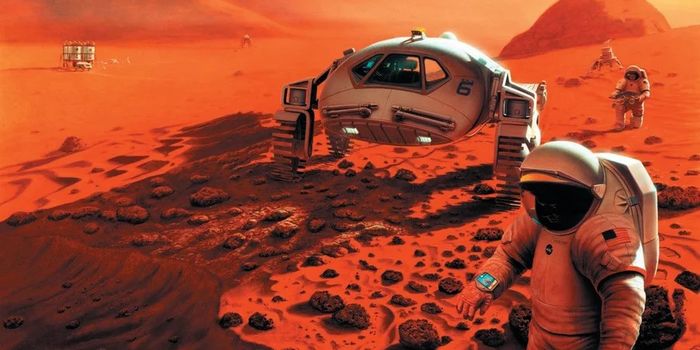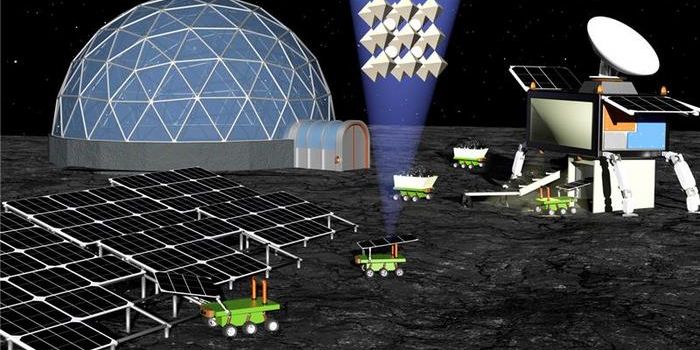NASA and ISS National Lab Choose WFIRM for Innovative Cancer Study
How can microgravity help advance cancer research? This is what an upcoming grant-awarded project sponsored by the International Space Station (ISS) National Lab hopes to address as a team of researchers from the Wake Forest Institute for Regenerative Medicine (WFIRM) have been selected to send samples to the ISS with the goal of observing how microgravity influences cancer growth and their responses to treatment. This project holds the potential to help scientists and cancer researchers develop new methods for combating cancer here on Earth.
“Being selected for this project is an incredible honor and opportunity for our team at WFIRM,” said Dr. Shay Soker, who is the project lead and a professor in the Wake Forest University School of Medicine. “The microgravity environment of the ISS provides a unique setting to study cancer in ways that are not possible on Earth. This research has the potential to unlock new understandings of cancer behavior and lead to more effective treatments.”
For the project, astronauts onboard the ISS will monitor organoids, which are lab-grown organs produced from colorectal cancer patient cells, and how the cancer cells within these organoids respond to microgravity and the treatment designed to reduce their growth and spread. The ISS has a rich history of promoting scientific innovation and discovery using the unique environment of microgravity, as more than 3,000 scientific experiments have been conducted onboard the ISS since its first module launched into orbit in 1999.
“This selection underscores WFIRM’s commitment to pushing the boundaries of scientific research and finding innovative solutions to some of the world’s most challenging health issues,” said Dr. Anthony Atala, who is the Director of Wake Forest Institute for Regenerative Medicine and the grant’s co-lead. “Conducting this research in the microgravity environment of the ISS offers us a rare opportunity to gain a deeper understanding of cancer, with the ultimate goal of improving patient outcomes here on Earth.”
How will microgravity help treat cancer on Earth in the coming years and decades? Only time will tell, and this is why we science!
As always, keep doing science & keep looking up!
Sources: EurekAlert!, NASA
Featured Image: The International Space Station taken by SpaceX Crew Dragon Endeavor in 2021. (Credit: NASA)








